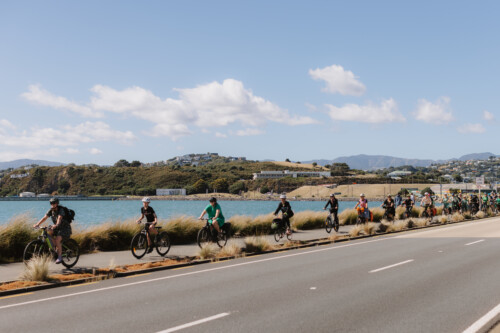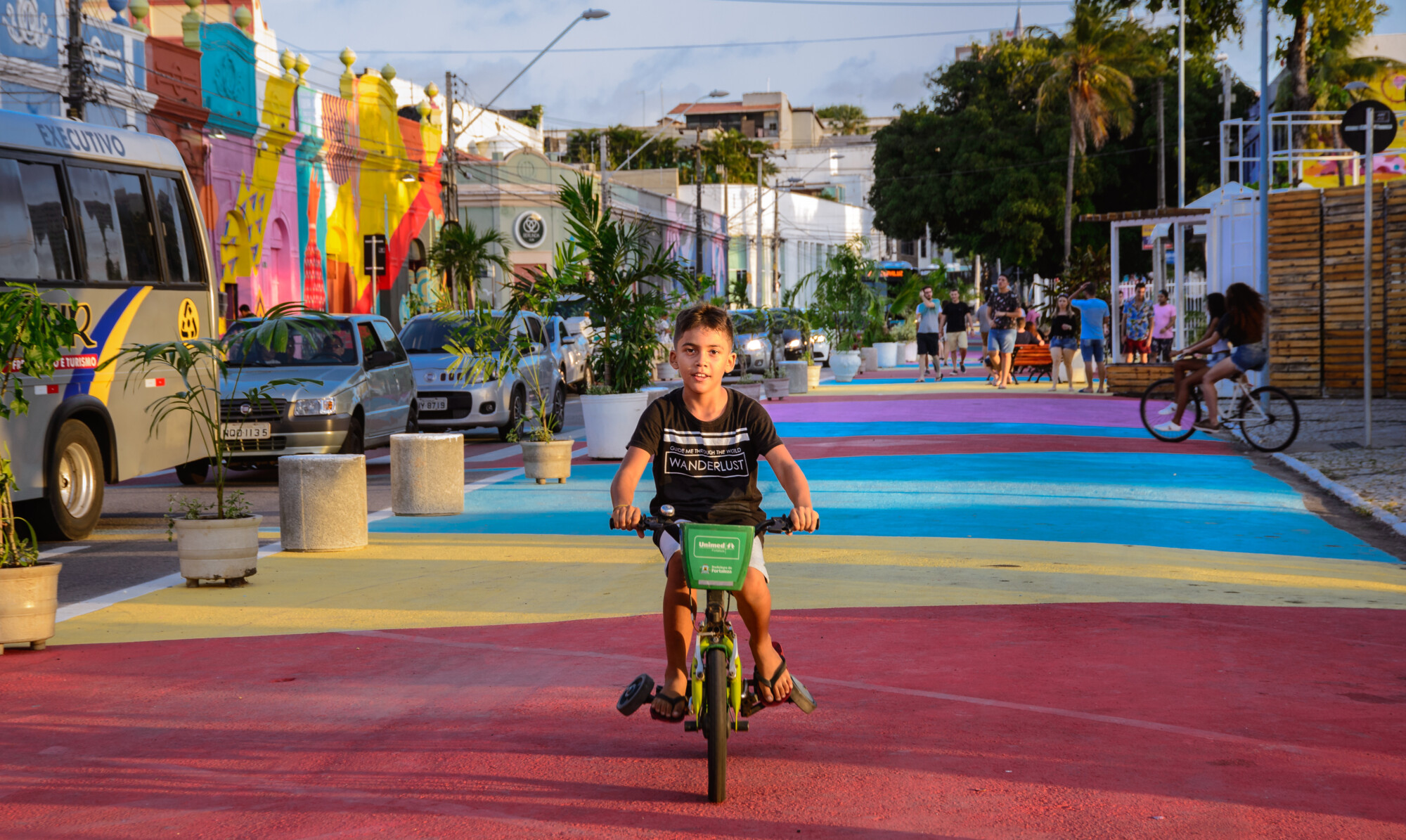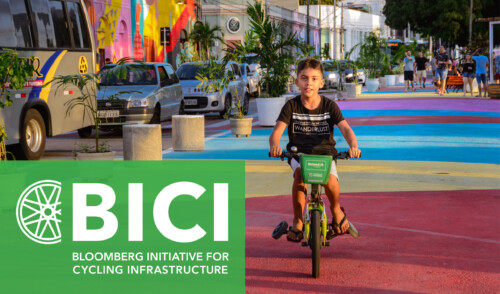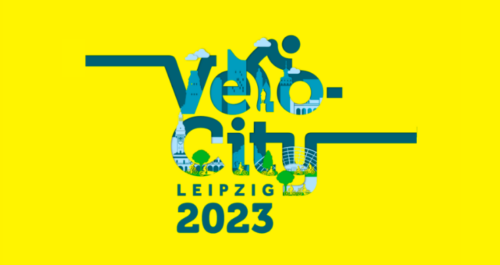Fostering catalytic change in city cycling infrastructure around the world
Cycling is one of the healthiest, most efficient, environmentally friendly, and financially accessible modes of transportation available. But the lack of safe cycling infrastructure remains a major barrier. In too many cities, cycling infrastructure remains disconnected, incomplete, and in need of innovation.
That’s why the Global Designing Cities Initiative is excited to announce the first-ever selected cities of the Bloomberg Initiative for Cycling Infrastructure (BICI).
The 10 selected projects are:
- Fortaleza, Brazil: Develop 180 kilometers of cutting-edge cycling infrastructure to invite more community members to cycle.
- Addis Ababa, Ethiopia: Double the number of protected cycle tracks to achieve Africa’s largest cycle network.
- Bogotá, Colombia: Co-design new infrastructure with children to revitalize a low-income neighborhood and engage young residents.
- Lisbon, Portugal: Roll-out new solutions to increase the diversity of residents cycling throughout the city.
- Milan, Italy: Build sustainable, green cycle corridor that connect over 40 schools.
- Mombasa, Kenya: Protect and connect a cycle network along key corridors with high cycling volumes.
- Pimpri-Chinchwad, India: Launch a neighborhood model for a 15-minute city, starting with cycling.
- Quelimane, Mozambique: Build new cycling infrastructure that includes protected cycling tracks, pedestrian space, and unique bicycle taxi parking to support non-motorized travel.
- Tirana, Albania: Create an all-ages cycling network through the implementation of safe intersection design.
- Wellington, New Zealand: Increase the number of cycle tracks in the city by 160 percent using resident input to inform planning and development.
Led in partnership with Bloomberg Philanthropies, each selected city will receive funding and work with technical experts from GDCI on project development, cycling facility design, data collection, and resident engagement.
“Building safe, connected cycling networks is a universal need that benefits people’s physical and mental health and well-being just as much as it benefits the environment and the economy. Through their ambitious cycling infrastructure projects, the selected cities will transform their streets by putting people above all else—all while benefiting their local communities to ensure healthier, safe, and more equitable spaces for everyone,” said Skye Duncan, executive director of GDCI.
The Bloomberg Initiative for Cycling Infrastructure (BICI) received 275 applications from cities in 66 countries. This is a clear testament to how many cities across the globe are committed to building innovative cycling infrastructure and sustainable mobility options for their residents.
GDCI and the BICI team look forward to working with the selected cities to achieve their visions over the next three years.
BICI is made possible by our funder







